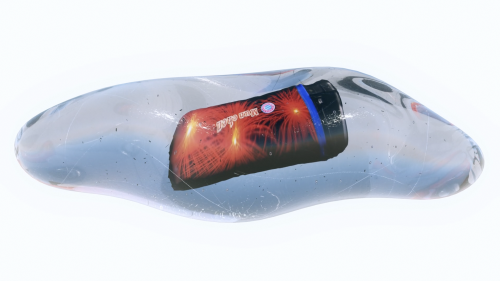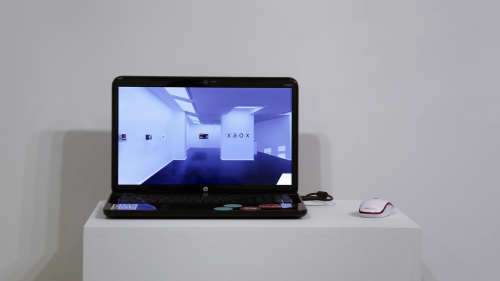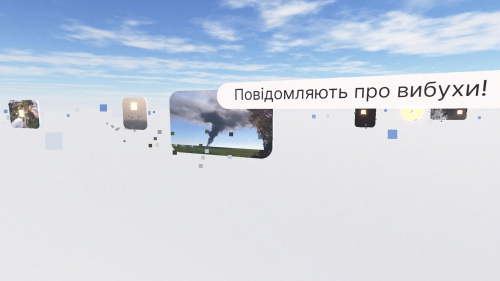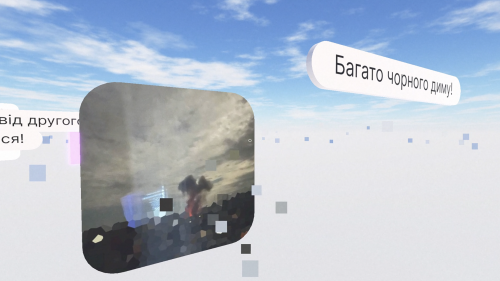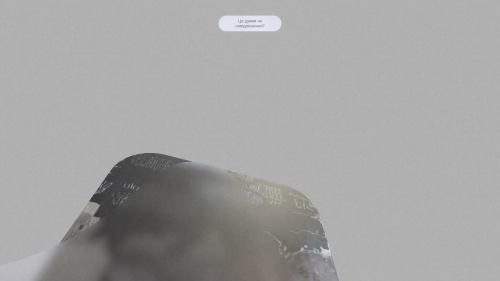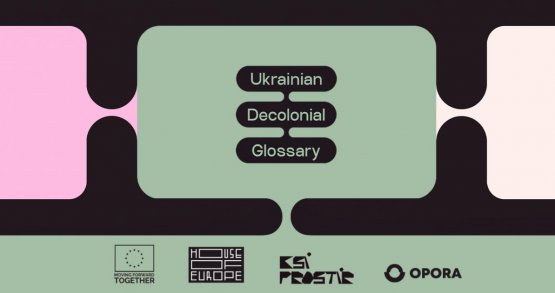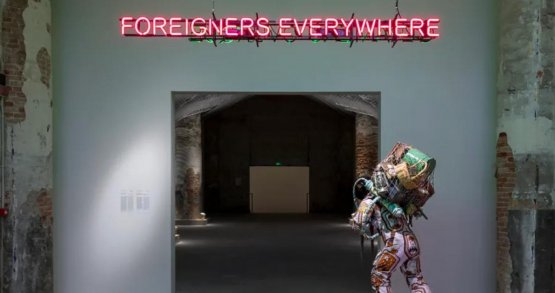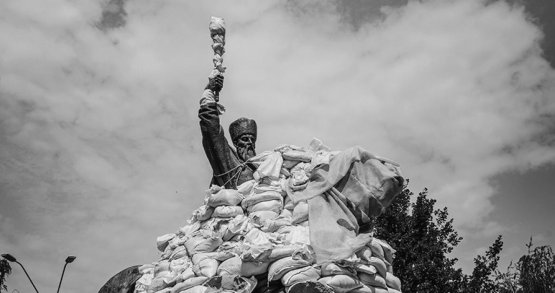The weaponization of other people's emotions (basically human vulnerability) is insidious because a person cannot separate themselves from their feelings and reactions. They are an integral part of the collective experience of shared traumas, a kind of demarcation of one's own from that of others that war requires. How, then, can one separate one's own feelings from the automatic reactions triggered by informational "injections"?
Oleksandr Hants suggests that therapy could be one of the tools for de-automatization, a kind of digital mindfulness culture. "
It doesn't guarantee anything, but it can give at least a little hope that these sensory experiences can be broken down into some categories: what, where, and why it happened to you. It’s about recognizing your emotions, which prevents others from weaponizing them. But I'm not sure it will work," says the artist. There is no simple answer, he believes because the therapy community itself is now seeking a new approach. Many therapists in Ukraine and around the world have experience working with soldiers or refugees with various traumas. But Russian manipulations, which we are now experiencing on social media, were not as widespread and did not have such amplitude until 2022. "
New therapeutic solutions need to consider the media's impact. If we talk about polarization, these are real traps that can be bypassed. Like the techniques of 'emotional contagion' that the media enhance."
Hants suggests a two-step process: the first step is
to develop one's congruence (authenticity). This term from person-centered therapy describes the degree of agreement between the real self and the ideal self. In striving for such congruence, we learn to understand, express, and experience our emotions, which also helps us distinguish between our emotions and those of others. The second is
knowledge of how modern media work, preferably on a personal level. This can be problematic, however, because studying these processes is complicated by a lack of data. The first scandalous
Facebook studies on "emotional contagion"
led to a wave of public condemnation of unethical behavior. Now, companies regularly publish some studies, but access to the information is still very limited because it is owned by the companies."
This is what turns digital platforms into a kind of natural element, an unstudied 'black box' — we just don't know how to react to it. On the other hand, we don't know ourselves fully," says Malchenko.
If self-awareness is everyone's business, then debunking propaganda campaigns is beneficial for all. Malchenko mentions various solutions that can help with this. In particular, from the Ukrainian market. "
These are initiatives that deal with so-called misinformation investigations. A wide spectrum: from professional journalists and OSINT researchers to startups developing this purely as a technological solution. For example, to detect what Meta calls coordinated inauthentic behavior — manipulative communication tactics using fake and real accounts in social networks. If this is machine propaganda, then its tactics can only be revealed by machine methods — collecting and analyzing data in an automated way." Perhaps this way, we can finally answer Garcia Lorca's question — who gives us this passion, and where its roots do lead us.
To read more articles about contemporary art please support Artslooker on Patreon
Share:

